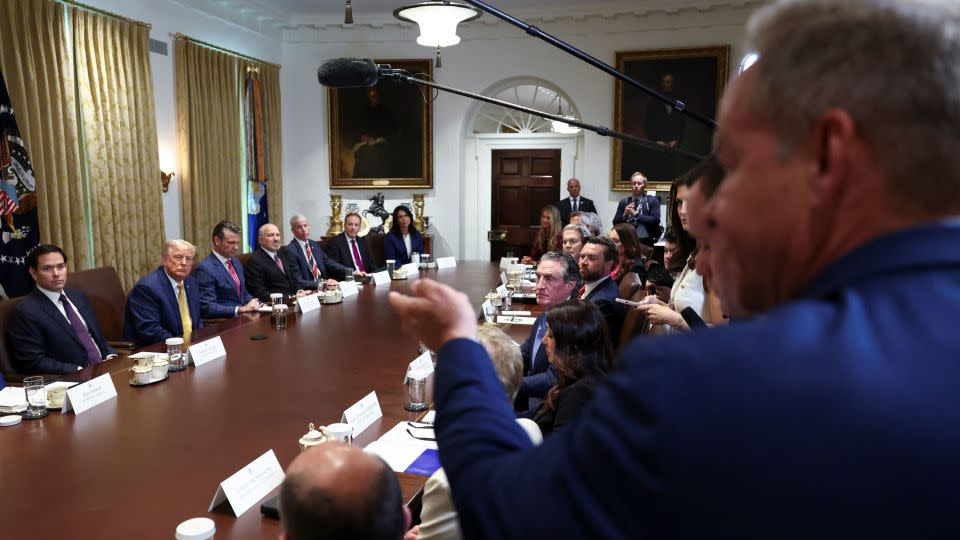
Trump’s 50% Levy on Brazil Shows World Nothing Is Off Limits
Key Points
- Trump's Tariff Threat: Donald Trump threatened a 50% tariff on Brazil, citing the treatment of former President Jair Bolsonaro and demanding the dismissal of charges against him, marking an unprecedented use of trade policy to influence foreign judicial proceedings.**
- Brazil's Response: Brazilian President Luiz Inacio Lula da Silva rejected Trump's interference, asserting national sovereignty and warning of economic reciprocity measures in response to any unilateral tariff hikes.**
- Broader Implications: This move raises concerns among US trade partners that any issue could become a trade agenda problem under Trump, undermining the reliability of formal trade agreements and reciprocal tariff negotiations.**
- Market Impact: The threat led to a 2.9% drop in the Brazilian real against the US dollar and a slight retreat in US equity futures, reflecting uncertainty over Trump's trade policies.**
- Global Trade Strategy: Trump's actions, including tariffs on other nations like Algeria and Libya, and threats to BRICS countries, indicate a broader strategy of using tariffs to achieve geopolitical goals beyond trade balances.**
Summary
Donald Trump has threatened a 50% tariff on Brazil over the judicial treatment of former President Jair Bolsonaro, marking a significant escalation in using trade policy for unrelated political demands. In a letter, Trump demanded the dismissal of charges against Bolsonaro, labeling the trial a "witch hunt." Brazilian President Luiz Inacio Lula da Silva firmly rejected this interference, emphasizing Brazil's sovereignty and warning of retaliatory economic measures. This unprecedented move has heightened concerns among US trade partners about the unpredictability of Trump's trade agenda, suggesting that any issue could trigger tariff actions, regardless of existing agreements. The threat caused a 2.9% drop in the Brazilian real and minor declines in US equity futures, reflecting market uncertainty. Trump's broader strategy includes tariffs on nations like Algeria, Libya, and BRICS countries, often tied to geopolitical goals such as curbing fentanyl flow or protecting the US dollar's dominance. Analysts warn that such actions could erode confidence in US trade policy stability, potentially pushing emerging economies closer together. Despite a negotiation deadline of August 1, 2025, skepticism remains about the finality of any deals, as Trump continues to wield tariffs as a tool for diverse objectives, leaving global trade relations in flux.
Swati Pandey and Katia Dmitrieva
July 10, 2025
Stocks


